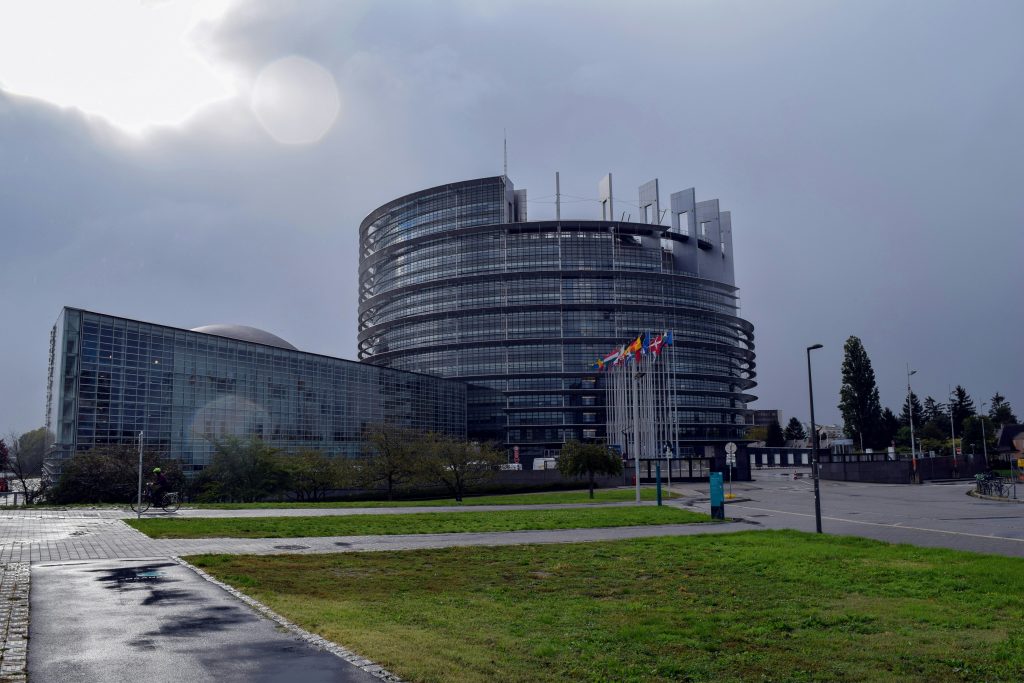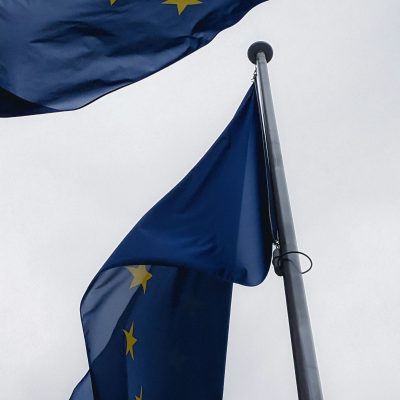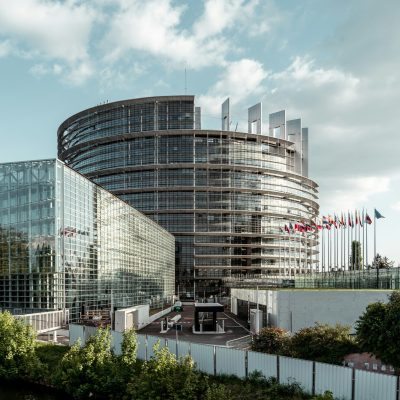Policy Paper
24/11/13What political balance of power in the next European Parliament?

6 months before the verdict of the May 2014 European elections, Yves Bertoncini and Valentin Kreilinger try to foresee what could be the political balance of power within the next European Parliament, on the basis of the elements of expertise and information already available.
Their policy paper main findings are based on three series of analyses :
- The cohesion of political forces will remain a key factor of influence : some political families (especially the “populists”) and groups are less united than others, and will then see their actual influence reduced as compared when their number of seats.
- There should be some substantial shifts in the number of seats garnered by the major political groups of the European Parliament : the race between the EPP and the S&D could be very tight, while the populists should make substantial gains.
- The logics of majority dynamics should not be deeply modified after May 2014 : while they vary according to the policy area, the majority could go on relying on a “Grand coalition”, even if center right and, more probably, center left coalition could also be formed for the adoption of parts of the votes.
Yves Bertoncini and Valentin Kreilinger conclude their policy paper by underlining that the political game seems to be very open at this stage as regards the outcome of the left-right competition, and that this should prompt all the actors and citizens concerned to engage in a vigorous promotion of their alternative vision and proposals for the EU.





